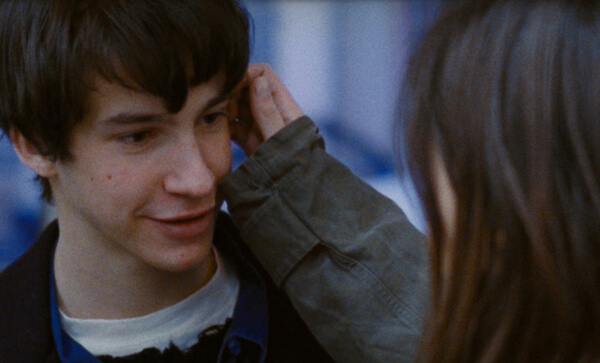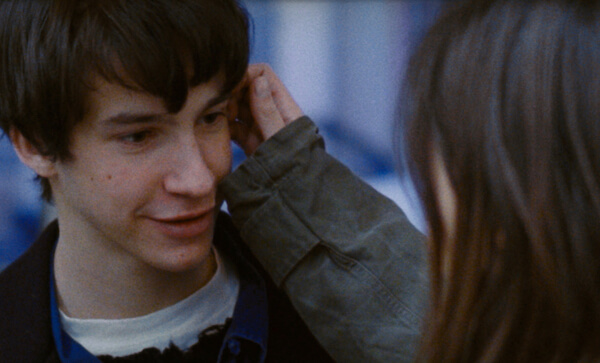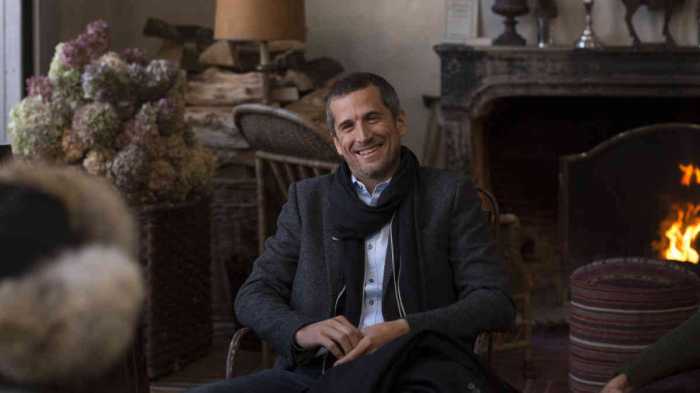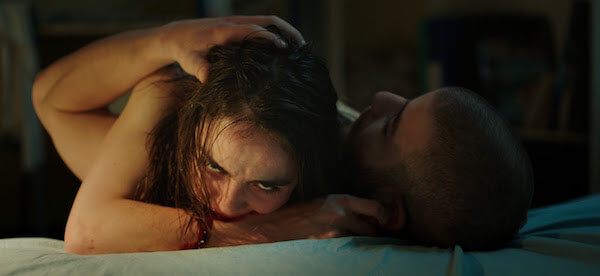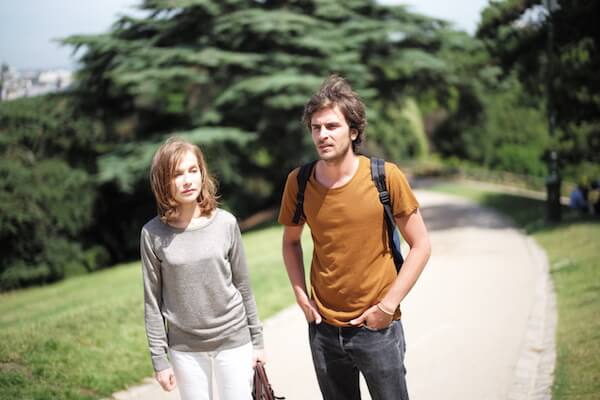Cyprien Fouquet in Olivier Assayas’ “Cold Water,” which opens at the IFC Center on April 27. | JANUS FILMS
The 1990s were a golden age for world cinema, as the New Waves taking place in Iran and “the three Chinas” matured and finally came to the West’s attention. France also went through a resurgence after a fallow period when the major filmmakers who followed the French New Wave were largely ignored and the 1980s gave us the vacantly fashionable debuts of Luc Besson and Jean-Jacques Beineix. A decade later, veterans like Benoît Jacquot and André Téchiné reached the high points of their careers, while younger directors like Claire Denis, Arnaud Desplechin, and Olivier Assayas blossomed into greatness. But to catch many of these films, you had to attend one-off screenings at film festivals, as distributors often ignored them.
I could make a list of my favorite films of the ‘90s that could double as a list of the best movies of that decade that went undistributed in the U.S.
Until now, Assayas’ “Cold Water” would be on the list. Made in 1994, it was set in 1972. It’s sobering to realize that we’re now more distant from the time when Assayas directed it than he was from the youthful experiences he drew on when he made it.
Olivier Assayas’ 1994 meditation on 1972, finally in US, is dead-on
Made as part of the nine-film TV series “All the Boys and Girls of Their Age,” “Cold Water” follows its rules: it’s about teenagers, it features a soundtrack using some music from producer Sony, and it’s a period piece set between 1960 and 1990. It follows teenagers Gilles (Cyprien Fouquet) and Christine (Virginie Ledoyen) as they rebel against their parents and the entire early ‘70s society. Christine gets arrested for shoplifting. Gilles’ father (László Szabó) lectures him about the dangerous path he’s going down and how privileged he is not to have to work, but the boy would rather run through the woods reading Allen Ginsberg poems aloud. Gilles and Christine meet up at a Dionysian party that takes up the entire second half of “Cold Water.”
The DCP restoration of “Cold Water” preserves the film’s original look. The Steadicam cinematography is smooth and graceful, but also raw and grainy. There were no attempts to make the film’s 16mm origins look any glossier digitally. Assayas captures the party scene in long takes that convincingly create the sense of chaos, no matter how choreographed it really was. The camera beautifully follows a hash pipe being passed from teenager to teenager, as they exhale blue smoke. But the party is based around capturing fading highs, whether they come through drugs, music, or even property destruction.
“Cold Water” uses rock music better than any film of its time — possibly better than any film ever made. Some of Assayas’ choices have different implications than they did in 1994: Creedence Clearwater Revival and Janis Joplin have become instant signifiers of the counterculture since then. Joplin’s “Me And Bobby McGee,” with its “Freedom’s just another word for nothing left to lose” chorus and posthumous release, has come to sum up its failures. However, “Cold Water” also looks toward the future, with Alice Cooper’s proto-punk “School’s Out” and Roxy Music’s “Virginia Plain,” which is filled with Brian Eno’s synthesizer bleeps and squelches. Nico’s harmonium-driven dirge “Janitor of Lunacy,” which serenades a hungover dawn, still sounds timeless. The kids at the party seem more enthusiastic about the possibilities for excitement offered by the next song than the one they’re currently listening to. Repeatedly, they tear the needle off the vinyl 90 seconds into a song, only to put it back at the beginning or play another record.
The characters of “Cold Water” are high on rebellion, to lift the title of a Patti Smith song, but devoid of the overt politics they would’ve had in 1968. This was a deliberate choice on Assayas’ choice: as a teen, he was staunchly anti-communist but still attracted to the French far left, eventually embracing “The Society of the Spectacle” philosopher Guy Debord. “Cold Water” combines exhilaration and bleakness, with the latter winning. The sheer energy its characters have is breathtaking, but so much of it is devoted to vandalizing train seats and theft. When options for real change in people’s lives disappear and revolutionary hopes turn sour, “Cold Water” suggests, all they can do is party and hope vainly for their pain and frustration to go away.
This film ranks with Jean Eustache’s “The Mother and The Whore,” Robert Bresson’s “The Devil, Probably” and Rainer Werner Fassbinder’s “The Third Generation,” Robert Stone’s novel “Dog Soldiers,” and albums like the Rolling Stones’ “Exile On Main Street” and Sly and the Family Stone’s “There’s A Riot Goin’ On” as a reflection on the hangover left by the ‘60s. It’s amazing that someone who experienced this era as a teenager who could get it down so well. Assayas was marked enough by the hopes of the period’s political idealism to return to them twice more, in “Something in the Air,” based closely on his memoir “A Post-May Adolescence,” and the mini-series “Carlos.” There’s despair here, but no cynical dismissal of his characters’ desires. As contemporary American teens seem to be starting to find a political voice, maybe it’s fitting that “Cold Water” is finally making it to our country.
COLD WATER | Directed by Olivier Assayas | Janus Films | In French with English subtitles | Opens Apr. 27 | IFC Center, 323 Sixth Ave. at W. Third St. | ifccenter.com

